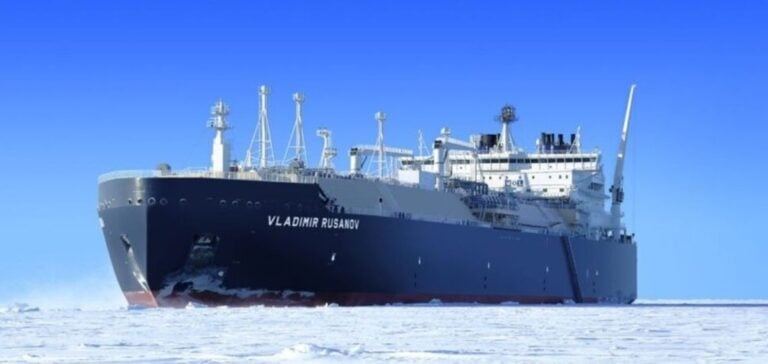The European Union has announced a set of sanctions directly targeting Russia’s energy and technology exports. These measures are designed to hinder the country’s logistical and financial capabilities, while preserving natural gas supplies for EU member states.
Reinforcement of Technological Sanctions
The new sanctions include a ban on LNG transshipment in the EU. The ban is intended to complicate the logistics of Russian gas exports, particularly those from the Arctic. The ice-breaking LNG carriers used to transport LNG in winter will no longer be able to deliver the gas to European ports such as Zeebrugge in Belgium or Montoir-de-Bretagne in France. This limits Russia’s ability to re-export this gas to the Asian market, particularly China. These measures are designed to tighten the net of existing sanctions, preventing Russia from gaining access to critical technologies. The President of theEuropean Commission, Ursula von der Leyen, pointed out that this package would deprive Russia of additional revenues in the energy sector, which is crucial to its economy.
Limiting Phantom Cargos and the SPFS System
In addition to restrictions on LNG, the EU aims to limit Russia’s use of “ghost” freighters to circumvent existing sanctions on oil exports. The SPFS financial transaction system, set up by Russia after its exclusion from the SWIFT system, is also targeted by the new measures. Since Russia’s invasion of Ukraine in February 2022, the EU has adopted thirteen sanctions packages. This fourteenth package was particularly difficult to negotiate, not least because of the reluctance of certain member states such as Germany. Berlin, Europe’s leading exporter, finally agreed to a compromise after weeks of intense discussions.
Asset Tracking Obligations
To increase the effectiveness of previous sanctions, theEuropean Commission has proposed strengthening the obligations to monitor goods marketed by European companies. The aim is to prevent these goods from ending up in Russia via third-country companies. Products for civilian use, such as microprocessors, come under particular scrutiny because they can be used to manufacture weapons. Some of Russia’s neighboring countries are suspected of acting as platforms for re-exporting Western products to Moscow. These measures are designed to block these re-export channels and make it more difficult for Russia to gain access to these technologies. Despite these new sanctions, some European countries, still dependent on Russian gas deliveries, have insisted that the volumes of natural gas supplied to the EU should not be reduced. This compromise was essential to achieve consensus within the EU.
The introduction of these sanctions reflects the EU’s determination to weaken Russia’s economic and military capabilities, while maintaining the unity of its member states in the face of the war in Ukraine.






















